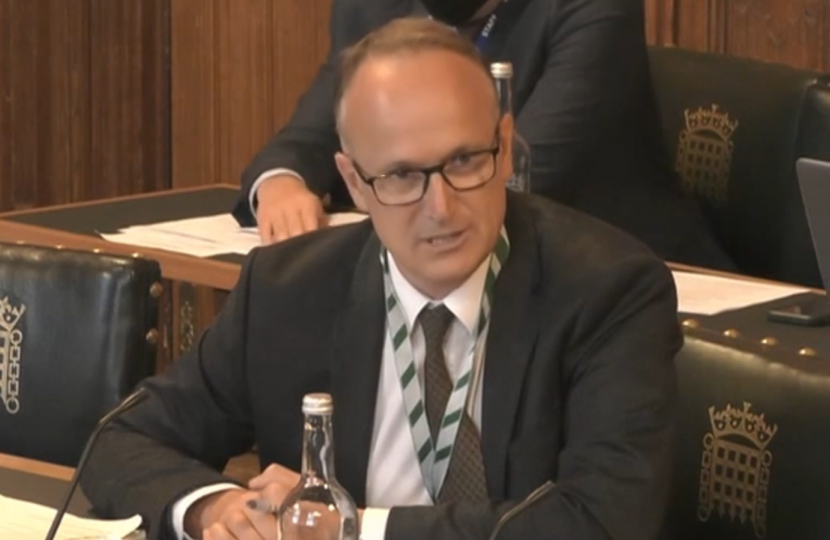
Building on the Committee’s two hearings on Thames Water’s finances, the EFRA Select Committee, has today written to Ofwat Chief Executive David Black to respond to the publication of its Forward Programme 2024-2025.
The Committee commends the Government’s recent steps to tackle serious examples of mismanagement in the sector, but also acknowledges that Ofwat is in a challenging position with regard to enforcing regulations and issuing fines to water companies.
The letter recognises that Ofwat using the full extent of its powers could result in the financial failure of a business, with a consequent impact ‘on the stability of the sector and the public purse’.
The Committee recommends that any forward programme ‘must clearly set out how Ofwat will balance its need to regulate with protecting the financial viability of the water companies.’
Stating that many Ofwat investigations into malpractice in the water sector take several years to complete, undermining public trust in the sector and the regulation in the process, the letter urges Ofwat to give details as to how it will complete investigations in a more timely manner.
Dr Neil Hudson MP, Member of the EFRA Committee said:
“Our EFRA Committee has been holding water companies to account for their illegal sewage spills into our precious waterways, and scrutinising closely how these companies manage their businesses. Today we have written to Ofwat on the important aspects of their regulation of these companies. We commend the Government on its pro-active approach to addressing this issue and will continue to work closely with all stakeholders so that we can protect our rivers, lakes and seas.”
With regard to domestic water bills, the letter emphasises the importance of the effects on consumers of proposals to raise water bills in order to finance the essential investment in new infrastructure. The Committee notes that this investment has for many years been ‘neglected in favour of profit and dividends to shareholders.’
The letter states that ‘an increase in bills will produce a justifiable perception of unfairness from consumers who are being asked to shoulder the burden of improvements by companies who have consistently and publicly failed on delivering their core obligations.’
The Committee’s letter raises the issue that corporate structures have until now ‘shielded the ultimate owners of our public utilities from scrutiny’ and presses the need for greater transparency in this area.




